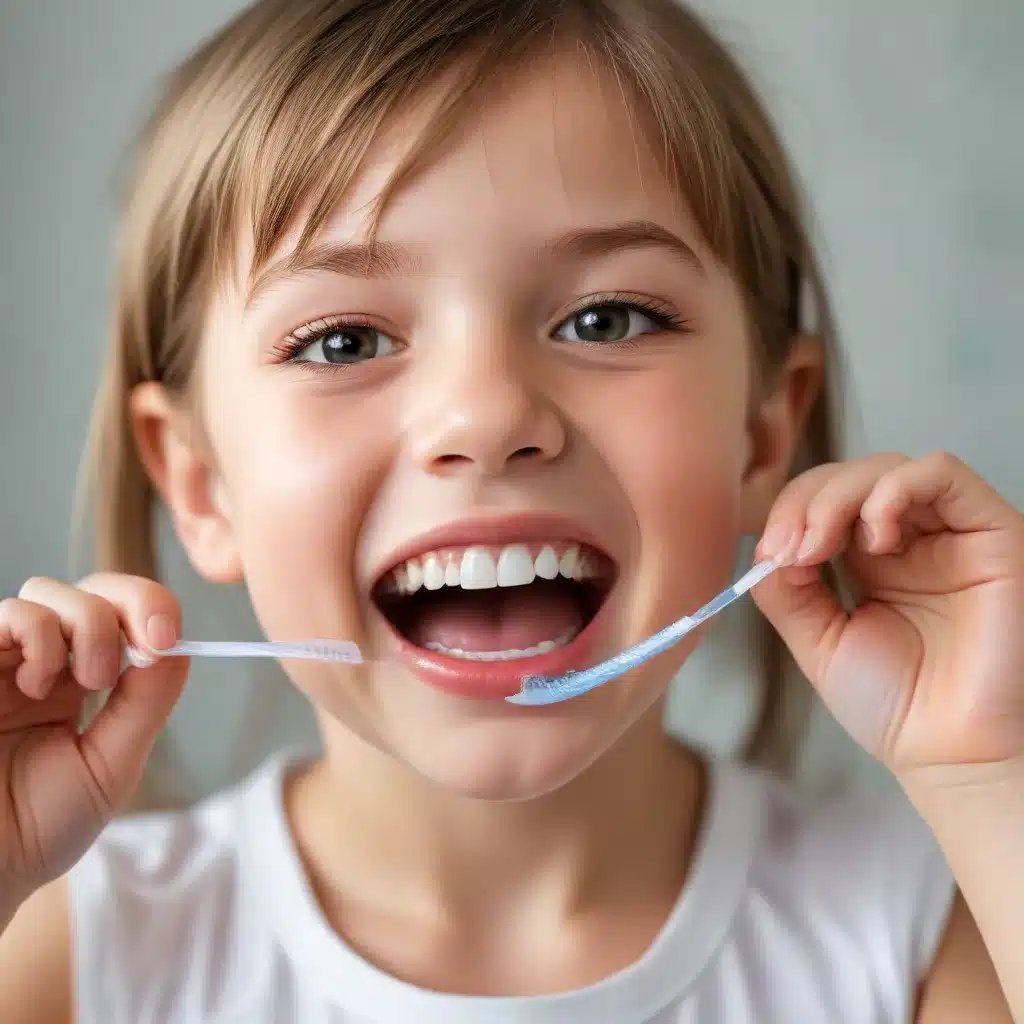
Maintaining good oral hygiene from a young age is crucial for a lifetime of healthy teeth and gums. However, some children may develop a fear or anxiety towards dental visits and basic dental care routines. As a parent, you want to ensure your child’s dental experiences are positive and encourage them to adopt healthy habits early on. In this comprehensive guide, we’ll explore effective strategies to help anxious children overcome their fears and embrace preventive dental care.
Understanding Dental Anxiety in Children
Dental anxiety in children is a common phenomenon, often stemming from a variety of factors. Some children may have had a traumatic experience during a previous dental visit, while others may feel apprehensive about the unknown or the perceived pain associated with dental procedures. Additionally, children with sensory processing issues or autism spectrum disorder may find the sights, sounds, and smells of a dental office particularly overwhelming.
It’s important to recognize the signs of dental anxiety in your child, such as excessive crying, refusal to open their mouth, or physical symptoms like nausea or rapid breathing. By acknowledging and addressing these concerns, you can work towards building a positive and trusting relationship between your child and their dental care team.
Preparing for a Positive Dental Experience
The key to fostering fearless flossing in children lies in preparing them for a positive dental experience. Start by choosing a pediatric dentist who specializes in working with children and has a gentle, welcoming approach. Consider scheduling a pre-visit where your child can tour the office, meet the staff, and become familiar with the environment before their first appointment.
During the pre-visit, encourage your child to ask questions and express any concerns they may have. This open communication will help the dental team understand your child’s needs and tailor their approach accordingly. Additionally, you can introduce your child to some of the basic dental equipment, such as the suction or the mirror, in a playful and non-threatening manner.
Developing Positive Oral Health Habits at Home
Establishing a consistent and enjoyable oral hygiene routine at home can significantly reduce dental anxiety in children. Start by making brushing and flossing a fun, interactive experience. Involve your child in choosing their toothbrush, toothpaste, and floss, and make a game out of it by singing songs or setting a timer.
Demonstrate proper brushing and flossing techniques in a way that your child can understand and imitate. Praise and reward your child for their efforts, and avoid scolding or punishing them for not cooperating. Consistency is key, so make oral hygiene a regular part of your child’s daily routine.
Addressing Specific Dental Procedures
While preventive care is essential, there may be times when your child requires more involved dental treatments, such as fillings, extractions, or even root canal therapy. These procedures can be particularly daunting for anxious children, but with the right approach, you can help them overcome their fears.
Before the appointment, explain the procedure to your child in simple, age-appropriate terms. Use visual aids, such as books or videos, to help them understand what to expect. Encourage them to ask questions and express any concerns they may have. Remind them that the dental team is there to help them and that they will do everything possible to ensure your child’s comfort.
During the appointment, consider using distraction techniques, such as playing their favorite music or engaging them in a conversation about a favorite topic. You can also ask the dental team about sedation options, such as nitrous oxide or oral sedation, which can help your child feel more relaxed and comfortable.
Celebrating Milestones and Successes
Acknowledge and celebrate your child’s progress and achievements, no matter how small. Each time your child successfully completes a dental visit or masters a new oral hygiene skill, make a big deal out of it. This positive reinforcement will help build their confidence and encourage them to continue their journey towards fearless flossing.
Consider rewarding your child with a special treat or activity, such as a trip to the park or a movie night. You can also create a visual progress chart or sticker system to track their accomplishments and motivate them to keep up the good work.
Incorporating Modern Dental Technologies
Advancements in dental technology have made many procedures more comfortable and efficient, which can be particularly beneficial for anxious children. Digital radiography, for example, reduces the amount of radiation exposure and eliminates the need for bulky film or sensors in the mouth.
Laser dentistry is another innovative technology that can be used for a variety of procedures, including cavity detection, tooth preparation, and soft tissue management. Lasers often result in less discomfort, bleeding, and healing time, making the experience more pleasant for children.
At Station Road Dental Aldergrove, we stay up-to-date with the latest advancements in dental technology to provide our young patients with the most comfortable and efficient care possible. Our team is committed to making every visit a positive and rewarding experience for both you and your child.
Fostering a Lifetime of Oral Health
Overcoming dental anxiety in children is a journey, but with patience, persistence, and the right strategies, you can help your child develop a lifelong positive attitude towards oral health. By prioritizing preventive care, addressing specific concerns, and celebrating successes, you can empower your child to become a confident and fearless dental patient.
Remember, the team at Station Road Dental Aldergrove is here to support you and your child every step of the way. We are dedicated to providing exceptional, personalized care and helping families like yours cultivate a healthy, beautiful smile that lasts a lifetime.

